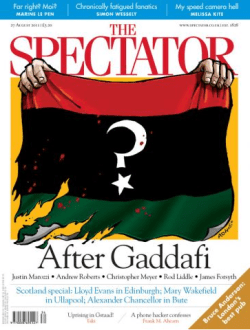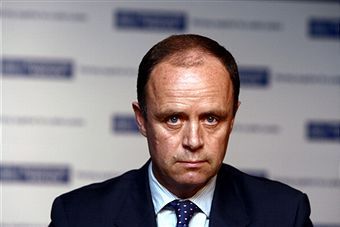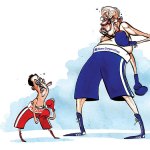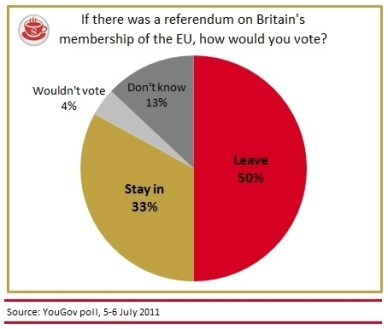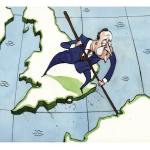Need Libya be another Iraq?
“It’s not over yet.” That has become the government’s Libyan mantra, delivered with a tone of sombre sobriety. However, James Kirkup reports that, in private, ministers are cock-a-hoop, already dreaming of photo-ops and triumphant flyovers. You wonder what Ed Llewellyn makes of the celebrations. Allegra Stratton has written a revealing profile of David Cameron’s chief-of-staff, ‘the most powerful man you rarely hear about’. Llewellyn is a foreign policy expert, a veteran of tours in the Balkans and the Far East. Stratton says he is: ‘Discreet personally and cautious politically, he will have insisted on megaphone caution from the PM and his cabinet ministers who duly took to the airwaves.’ I’m told that diplomats share
